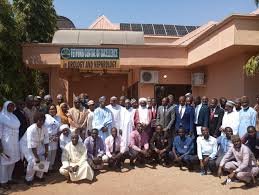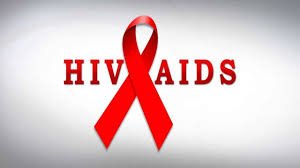A recent mass screening conducted by Médecins Sans Frontières (MSF) and the Ministry of Health has revealed a dire malnutrition crisis in Nigeria’s Zamfara state.
The results show that 27% of children under five in the Shinkafi and Zurmi areas are suffering from acute malnutrition.
The screening, which took place in June, assessed 97,149 children across 21 urban and rural locations. Of these, 5% were found to have severe acute malnutrition, while 22% were moderately malnourished.
These figures significantly exceed the World Health Organization’s (WHO) ‘critical level’ threshold for malnutrition prevalence.
Abdullahi Mohammad, an MSF representative in Nigeria, said, “The screening results from Shinkafi and Zurmi are nothing short of alarming, revealing a catastrophic malnutrition crisis across Northwest Nigeria. The response to this overwhelming disaster is grossly insufficient.”
The situation is further exacerbated by UNICEF’s halt of ready-to-use therapeutic food (RUTF) supplies at the beginning of the year, leaving moderately malnourished children without essential nutritional support. This lack of treatment puts these children at risk of progressing to severe acute malnutrition, threatening their survival and long-term health.
MSF currently operates four inpatient and 17 outpatient facilities in Zamfara state. From January to July 2024, their teams have treated over 7,000 children across these facilities, marking a 34% increase in admissions compared to the same period in 2023. In Shinkafi and Zurmi specifically, admissions have risen by 50%.
The crisis is compounded by high rates of vaccine-preventable diseases. MSF teams have treated at least 5,700 measles cases in Zamfara this year alone. These infectious diseases, including malaria and acute watery diarrhea, severely compromise children’s nutritional status, making them more susceptible to illness and increasing their risk of death.
Hafsat Lawal, a mother whose child is being treated for malnutrition at an MSF facility, shared her experience: “When I first brought my son into the hospital, I didn’t know if he would survive. Back at home because of the insecurity we don’t have food. The prices of food have more than doubled. If we had money, we would have bought some grains, but we cannot.”
The ongoing humanitarian crisis is further complicated by high levels of insecurity in Zamfara. Communities report taking significant risks to reach functioning healthcare facilities. As of 2023, health authorities estimate that only about 200 out of 700 healthcare centers in Zamfara are accessible and functional.
MSF is urging health authorities, international organizations, and donors to intensify their efforts in addressing this escalating crisis.
They call for immediate expansion of health facilities to treat malnourished children and ensure more hospitals can offer the inpatient care needed to save lives.
Additionally, they stress the importance of UNICEF resuming consistent and sufficient delivery of essential therapeutic foods to prevent more children from falling victim to this crisis.

























